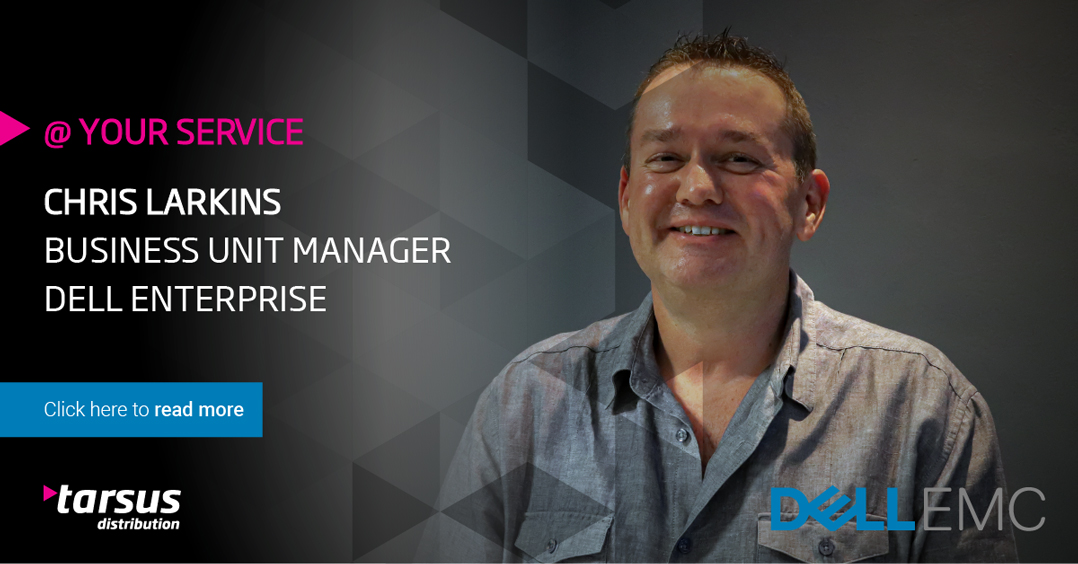 In today’s era of accelerated change, and digital transformation, businesses in every sector need to find a way to do more with less. However, legacy storage systems cannot hope to address the business challenges that arise today, because these systems were designed and deployed in silos, and are unable to fulfil virtualisation requirements of reducing costs and enhancing efficiencies.
In today’s era of accelerated change, and digital transformation, businesses in every sector need to find a way to do more with less. However, legacy storage systems cannot hope to address the business challenges that arise today, because these systems were designed and deployed in silos, and are unable to fulfil virtualisation requirements of reducing costs and enhancing efficiencies.
Concurrently, data storage demands are exploding, as companies across the board are flooded with data of every type, and from multiple sources. Similarly, the internet of things, big data, intelligent analytics, edge computing and “everything digital” are disrupting organisations in every industry and placing new demands on IT investments.
Chris Larkins, Dell Enterprise Business Unit manager at South Africa’s leading ICT distributor, Tarsus Distribution, says another significant trend that has impacted the data storage market over the past decade is the proliferation of cloud computing and the ease and scale that it brings to organisations. “The cloud, combined with the technologies we already mentioned, are driving a massive demand for additional storage, and with it more functionality and scalability within today’s data centre environments.”
For more, speak to Tarsus Distribution
Here again, legacy storage architectures proved ineffective as they were traditionally being overrun with complexity and limitations, and on top of that were extremely costly. Data was firmly coupled to hardware and vendor-driven upgrades of both hardware and software were onerous and inconvenient, he says.
In addition, these restrictions saw businesses having to overprovision capacity to ensure they had enough to meet their demands now and into the future, even though they had budget constraints. “At the same time, emerging technologies began driving new requirements for storage architectures, as organisations sought to reap the benefits of new features and capabilities, including artificial intelligence, deep analytics and machine learning, to gain more actionable insights from their data, and improve their customer experience.”
One thing was clear, and that was that yesterday’s siloed storage solutions weren’t doing the job and needed to step aside to make way for broader ecosystems that can boost data centre capabilities, quicken the speed of execution and lower costs.
Ideal
This, says Larkins, is why Dell’s approach to storage architectures is ideal for today’s needs. “Dell’s solutions begin with flexible, modular designs that integrate across a broad ecosystem of internal and external capabilities, with ease.”
In this way, companies can enjoy data centre solutions that were architected to meet today’s workload and data centre needs and offer real advances when it comes to new features and return on investment. “Dell’s solutions were designed, from the ground up, with virtualised environments in mind. They are completely scalable, incredibly agile and are not encumbered with any of limitations that legacy solutions had to deal with. They feature intelligent tiering and licensing models that are flexible and scalable, reducing costs and increasing efficiencies.”
Through its solutions, it’s clear that Dell truly understands the storage challenges businesses face today. “They offer storage solutions that optimise data centre infrastructure, can scale storage up or down as needed, and can quickly adapt to evolving business needs without downtime, or the need for manual intervention.”
This, says Larkins, leads to businesses being able to intelligently manage their increasing volumes of data, to reap the maximum business value and ensure business continuity should a catastrophe or failure occur. “In a nutshell, Dell’s solutions put the right data, in the right place, at the right price and at the right time.”
In partnership with Dell, he says Tarsus Distribution is helping its clients to implement data centre and virtualisation strategies that meet their unique needs, to bring them more rapid response times and a much lower total cost of ownership. Regardless of whether the organisation uses performance-optimised flash technologies or ultra-dense storage enclosures — or any solution in that spectrum — Dell’s storage portfolio is so comprehensive it has a solution to meet any business requirements.
 In fact, from the smallest entity to the largest corporate, Dell has a solution designed to meet their specific storage needs. “Today there are a slew of storage options available from multiple vendors. There is networked-attached versus direct-attached storage, all-flash storage, as well as many cloud options. And each business has its own capacity, as well as backup and recovery needs, meaning making the right choice isn’t always easy.”
In fact, from the smallest entity to the largest corporate, Dell has a solution designed to meet their specific storage needs. “Today there are a slew of storage options available from multiple vendors. There is networked-attached versus direct-attached storage, all-flash storage, as well as many cloud options. And each business has its own capacity, as well as backup and recovery needs, meaning making the right choice isn’t always easy.”
When choosing any storage solution, issues such as business continuity and disaster recovery, availability and scalability also need to be addressed. At the same time, they need to consider return on investment and total cost of ownership, and how to support their technology investments. The majority of businesses simply don’t have the in-house skills and expertise to do this on their own, he says.
This is where having a partner who can help the business navigate the various offerings and solutions, to ensure they choose one that is right for them now and in the future, is critical, Larkins says. “Dell, in partnership with Tarsus Distribution, enables companies to choose the solution and approach that is best suited to their specific data centre requirements, and allows them evolve at the pace that works for them.”
For more information on Dell’s innovative storage solutions and to partner with the professionals to scope and design an advanced storage solution aligned with your organisation’s needs, reach out to Tarsus Distribution.
- This promoted content was paid for by the party concerned




